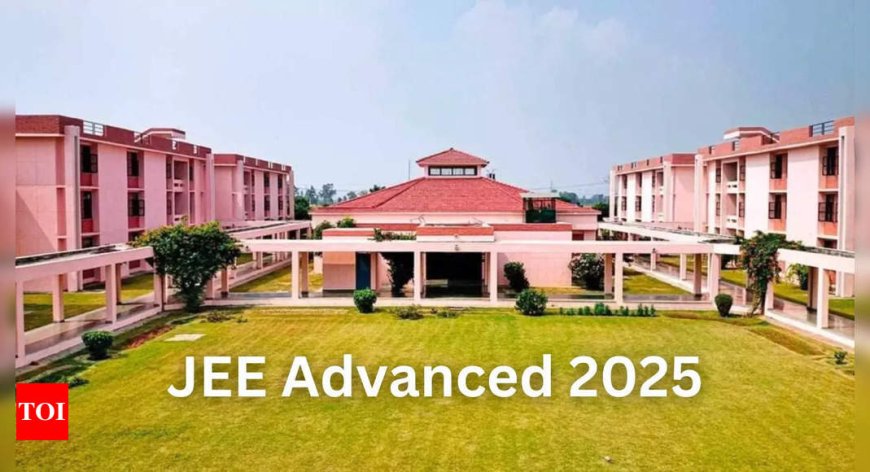Supreme Court to Review Plea Against Reduction of JEE-Advanced Attempts from Three to Two
The Supreme Court has agreed to examine a plea challenging the reduction in attempts for the Joint Entrance Examination (JEE)-Advanced from three to two. The plea, filed by advocate Sanjeet Kumar Trivedi, claims the change was arbitrary and unfair, affecting students' opportunities for IIT admissions. It requests the court to set aside the November 18, 2024, notification altering the eligibility criteria.

Supreme Court to Review Plea Against Reduction of JEE-Advanced Attempts from Three to Two
News by dharmyuddh.com
Introduction to the Supreme Court Review
The Supreme Court of India is set to examine a significant plea regarding the number of attempts allowed for the Joint Entrance Examination (JEE) Advanced. This crucial review comes in light of recent policy changes that reduced the permissible attempts from three to two. Students, educators, and stakeholders across the country are closely following this development, as it could have extensive implications for aspiring engineers.
Background on JEE-Advanced Attempt Policy
The JEE-Advanced is a pivotal examination for students seeking admission into prestigious Indian Institutes of Technology (IITs). Initially, candidates were granted three attempts to qualify for this competitive examination. However, the recent decision to limit the attempts to two has stirred controversy and disappointment among students, who argue that it constrains their chances for success significantly.
Implications of Reduced Attempts
Reducing the number of attempts can have profound effects on the student community. Many students struggle to meet the rigorous standards of JEE-Advanced on their first try, making the allowance of multiple attempts crucial for many. The ongoing debate centers around fairness, accessibility, and the need for a robust selection process that accommodates different learning paces.
Legal Arguments Presented in the Plea
The plea presented before the Supreme Court argues that the revised attempt policy violates the rights of students who invest significant time and resources in preparing for this examination. Advocates stress that limiting attempts could disproportionately affect students from less privileged backgrounds, thereby impacting their chances of securing a seat in IITs
What’s Next: The Supreme Court's Decision
The Supreme Court's review is anticipated to provide clarity on this contentious issue. The legal experts and stakeholders are eager to see how the court balances the administrative decisions of the examination authorities with the rights and needs of the student population. The outcomes of this ruling could potentially reshape the competitive landscape for engineering aspirants across India.
Conclusion
As the Supreme Court gears up to hear the plea, the education community remains hopeful that justice will be served, ensuring equal opportunities for all students. The decision made by the court will likely resonate beyond the current academic year, influencing policies and examination formats for years to come.
For more updates, visit dharmyuddh.com. Keywords: Supreme Court JEE-Advanced plea review, reduction of attempts JEE-Advanced, students rights JEE examination, IIT examination policy change, JEE preparation attempts limit, legal implications JEE-Advanced ruling, educational policies India, engineering entrance exam attempts, Supreme Court decisions education, JEE-Advanced challenges faced by students.







